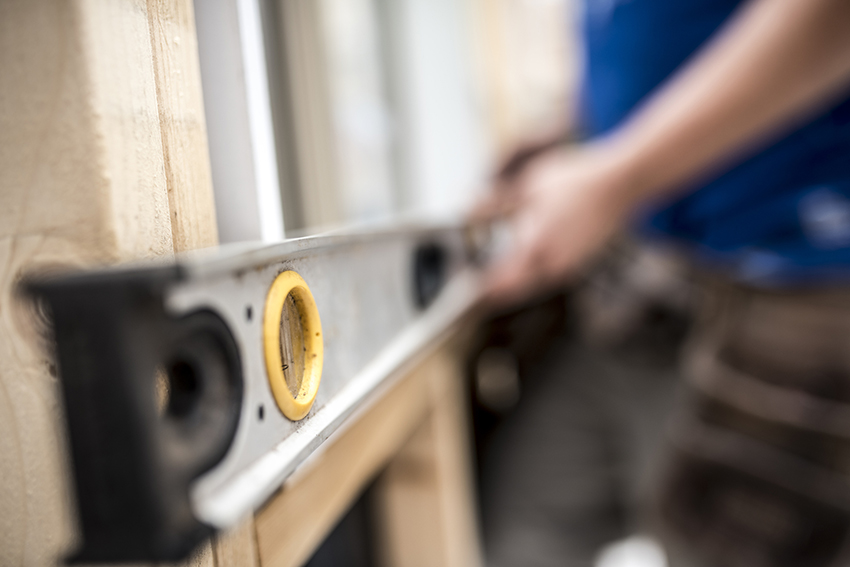Do I Need an Inspection on a New Home?

“Yes”, is the simple answer, I recommend a home inspection on any new home.
“Why?”, well, homes are built as quickly as possible with up to 12 subcontractors working on them, sometimes hundreds at a time, and the builder cannot possibly watch everything at every single stage of building, things do get missed. This is also an opportunity to get familiar with your new home and how things work. The inspector will show you important items such as shut off valves, main disconnects and sewer clean outs.
But didn’t the City inspect and sign off on the home?
Well, yes and no, they did sign off on the structure, but since city inspectors cannot be held personally or financially responsible for missed items, they do not inspect the home like we would, by testing and checking everything. They do not go on the roof, in the crawlspace, or even look in the attic. In fact, they might not have even gone into the home for the final inspection! I have found lots of improperly installed items, missing insulation, broken roof trusses, plumbing leaks, electrical issues, furnace and a/c problems etc. on “new” homes. I personally know someone who worked for the builder of her home and the duct work was left disconnected in the walls. The sheet rock contractor came along and covered right over this issue without saying a word!
The Builder is responsible for 1 year for patent defects.
These are “Fit and Finish” issues such as cabinets, mirrors, flooring, walls, counter tops, paint finishes, and trim, and will have to repair these “cosmetic” items that most homeowners may not have noticed. The inspection report will document these items so you can give this to the builder to have the repairs completed at no charge to you. Most people do not realize that this also applies to complete remodels and not just new homes.

The Builder and all contractors who worked on a home are responsible to warrant for 4 years, that items they installed are free from defective installation. And they can be held liable for repairs and damages caused by the defective installation. Examples such as roofing material improperly installed and causing water damage or appliances not correctly wired leading to damage of the appliance are more common than you might realize and the inspection is your opportunity to discover and document these defects.
Lastly, builders are responsible to warrant for 10 years that the building is free from latent defects. These would include engineering defects or miscalculation such as site stability, foundations integrity, retaining walls, framing etc. A latent defect is something that could not easily be seen during the course of a normal inspection since as it is typically hidden within the walls and destructive testing is necessary to view these. However, there are sometimes clues that something is wrong such as unusual cracking walls or driveways that have settled away from the structure. A good inspector will point these issues out to you and suggest the appropriate professional to come out and further evaluate them.
An inspection on a new home provides peace of mind that your home will be comfortable and safe, for you and your family for years to come.




